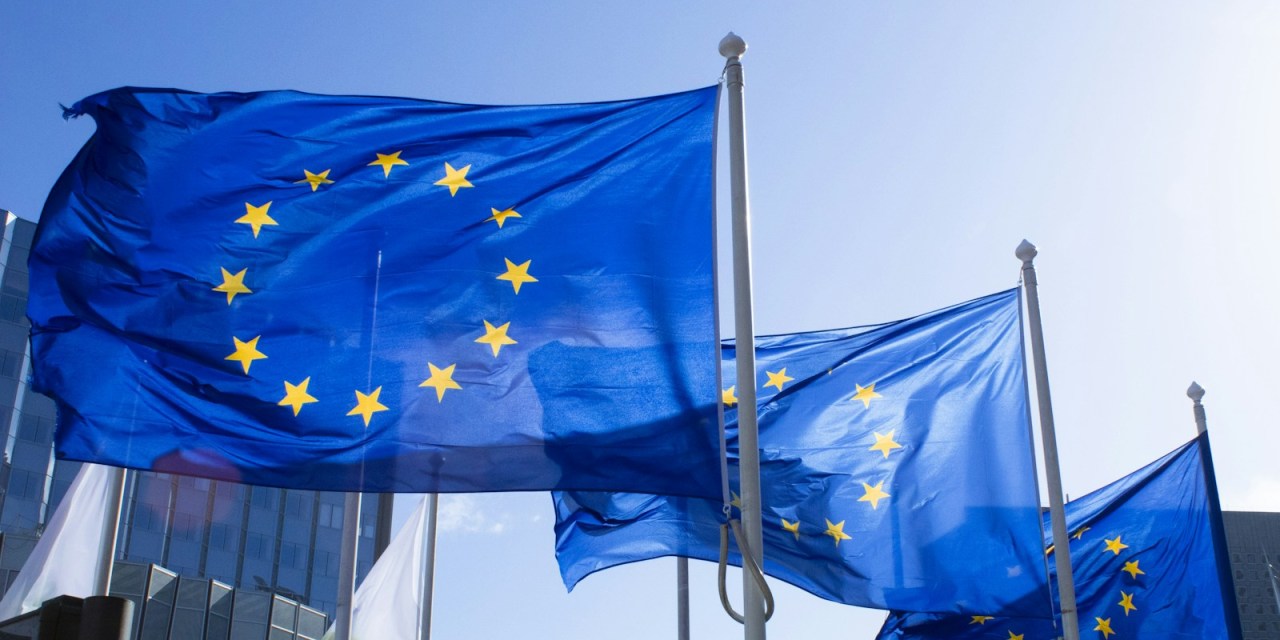News
Industry associations representing the operators argue that operators would rather keep the existing legislation than implement the proposed framework
Industry groups representing European telecoms operators have warned that the European Commission’s proposed Gigabit Infrastructure Act (GIA) could penalise companies and damage the sector.
The European Telecommunications Network Operators Association (ETNO), the European Competitive Telecommunications Association (ECTA), the GSMA, and GigaEurope have released a joint statement outlining their concerns on the draft proposal, which comes ahead of an EU meeting next week when lawmakers will draft the final legislation.
The GIA was first proposed by the European Commission in February 2023, with the legislation aimed at reducing the costs of deploying gigabit-capable networks and simplify the rollout process. The GIA is part of a wider EU goal of deploying gigabit-capable infrastructure across the EU by 2030, in line with the EU’s Digital Decade programme.
However, the joint statement from the industry associations has disputed the proposed GIA’s effectiveness, saying that the current negotiations “risk turning it into a measure that penalises telecoms operators, without producing any real benefit in terms of administrative simplification”.
The statement takes two main issues with the draft text. Firstly, the European Commission’s suggestion of eliminating the ‘tacit approval’ clause, which currently would allow operators to push through with their deployment if local municipalities do not respond to a request for a construction permit within a reasonable timeframe. The clause is controversial, with some EU companies considering it an intrusion on the rights of third parties and private property owners, but the telecoms organisations argue that to remove the clause is to remove a “key measure that would speed up network rollout”.
Secondly, a proposal added by the European Parliament to impose price caps on calls and messages within the EU, which the group says is unnecessary due to the market’s competitive nature.
The joint statement argues that the provision of digital networks is “critical for the prosperity of the whole of Europe, providing the backbone of a modern, efficient and sustainable economy for European citizens”. It is clear that most citizens would agree with this sentiment, but this statement is masking the real motivation from the operators: a cheaper and easier way to roll out their networks.
The end of the statement makes clear that the “EU telecom industry” would rather retain the current laws on the subject than implement the new ones, saying that retaining the regulatory status quo would be “less damaging”.
Keep up with the latest international telecoms news by subscribing to the Total Telecom daily newsletter
Also in the news
Virgin Media O2 and Tesco Mobile renew joint venture
Japanese government pledges $307m to NTT, Intel, and SK Hynix for chip project
AWS confirms $10bn Mississippi data centre development
















